Pathology

World’s First Automated Tissue Grossing Platform Uses AI to Assess Specimens
A first-of-its-kind pathology processing platform uses a high-quality video system combined with AI to assess specimens and create a gross report 93% faster than human technicians with 43% more accuracy.. More...13 Jul 2022
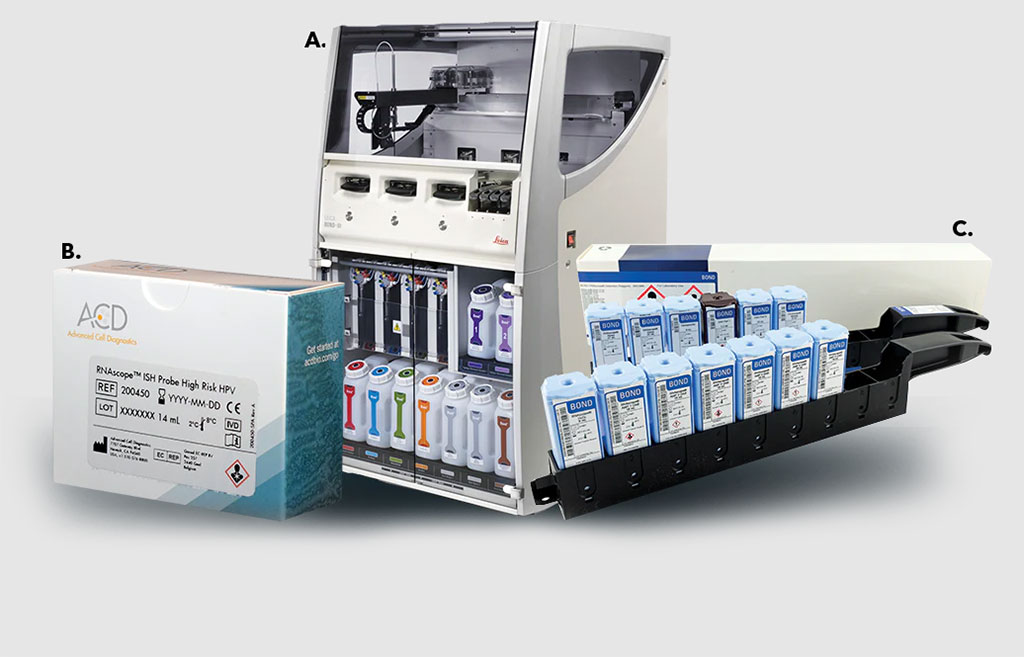
New Tool Enables Direct Detection of HPV mRNA in FFPE Tissue Specimens
A highly accurate new tool enables direct detection of human papillomavirus (HPV) mRNA in FFPE tissue specimens of patients diagnosed with oropharyngeal squamous cell carcinoma (OPSCC) to aid in the identification of high-risk HPV. More...08 Jul 2022
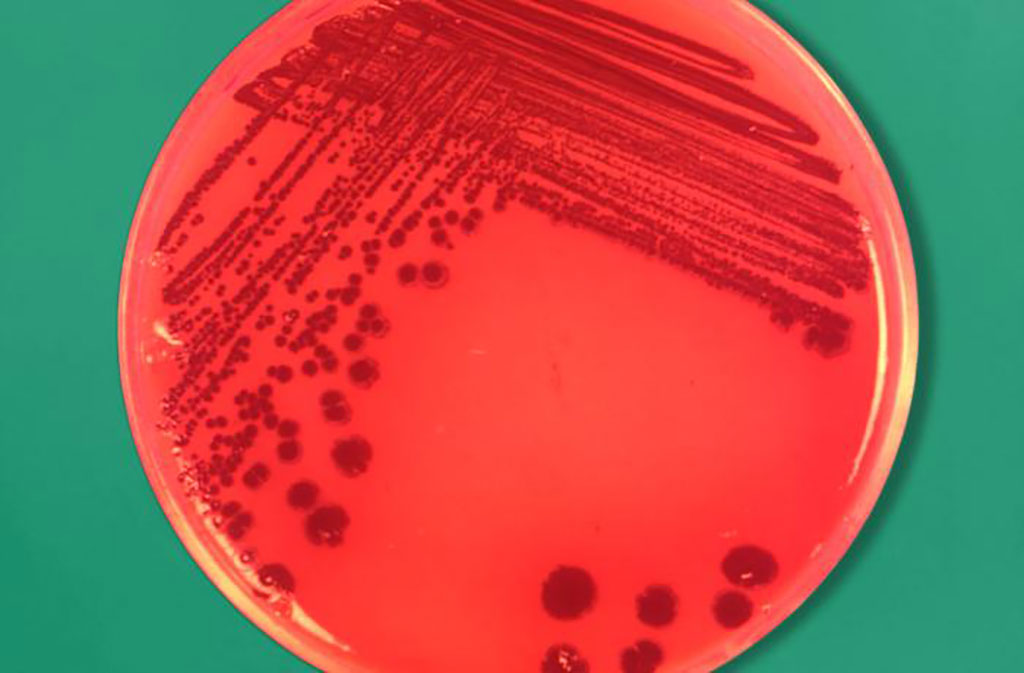
Gut Microbiota Differ in Men With Prostate Cancer
Gut microbiota are the collection of microbes in the gastrointestinal tract and they affect processes and mechanisms in the body. The state of gut microbiota has been linked to many conditions, even in organs that are far from the intestines, but their role in prostate cancer is not understood. More...06 Jul 2022
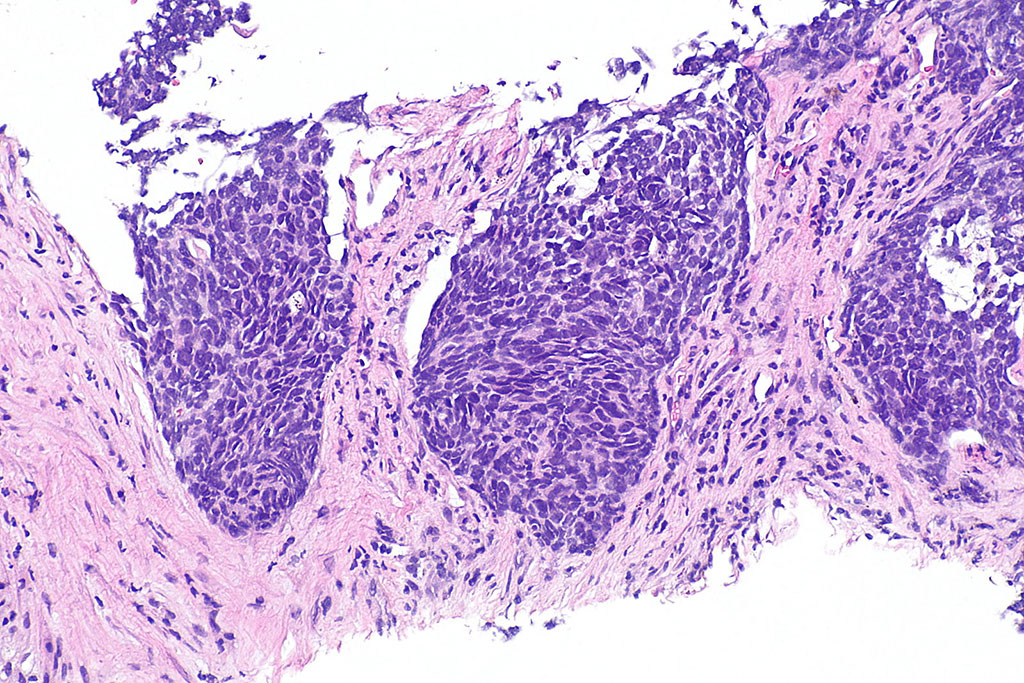
Pan-Cancer Analysis of Tumor Mutations Points to Predictive Biomarkers
Quantifying the effectiveness of different cancer therapies in patients with specific tumor mutations is critical for improving patient outcomes and advancing precision medicine. A key goal of precision medicine is to characterize how patients with specific genetic mutations respond to therapies. More...05 Jul 2022
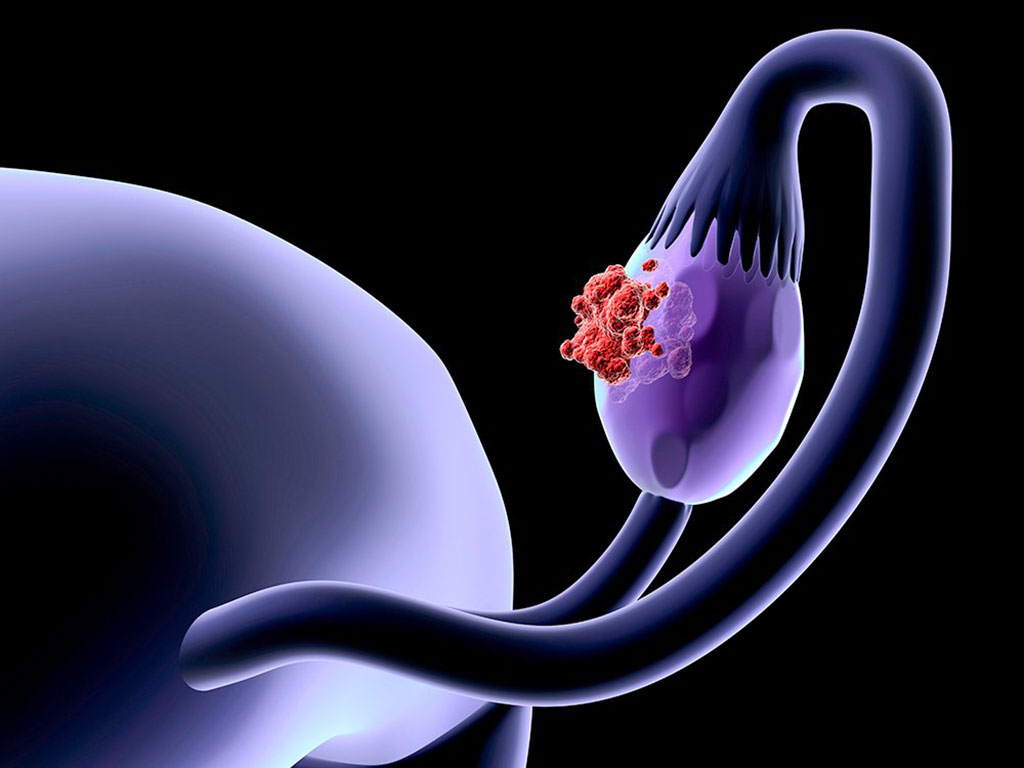
Assay Uses Novel Method for Early Detection of Ovarian Cancer
A new assay that uses a novel method of analyzing biomarkers based on individual extracellular vesicles (EVs) has substantially outperformed CA125 when distinguishing patients with early-stage high-grade serious ovarian cancer (HGSOC) from women with benign conditions. More...05 Jul 2022
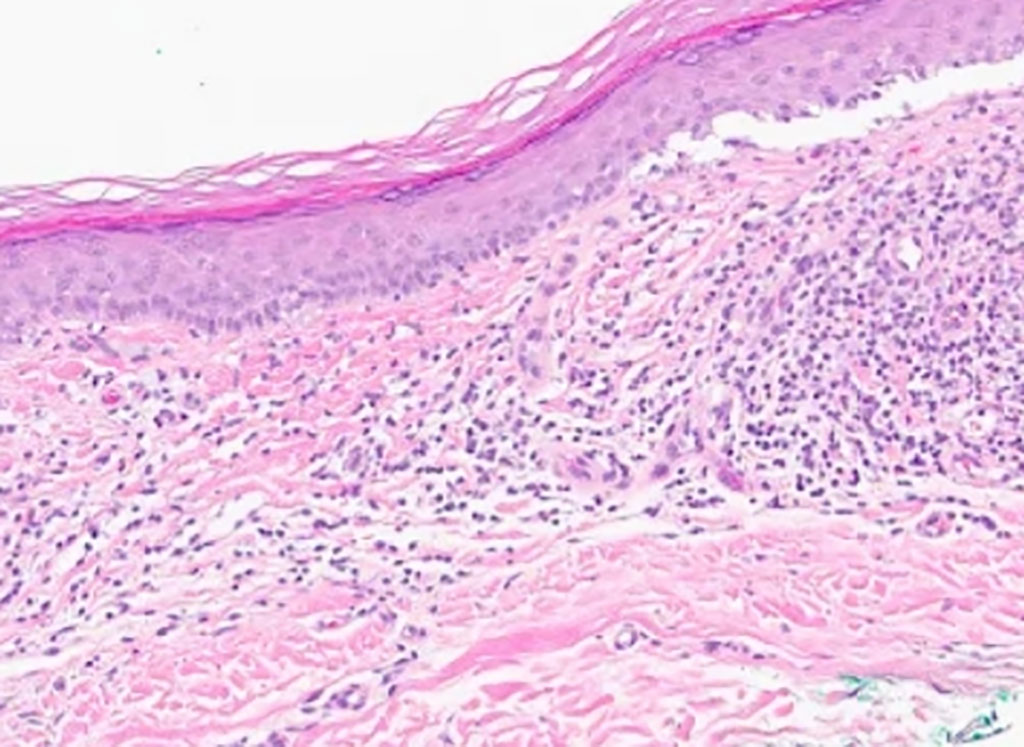
Digital Biomarker Assay Identifies Breast Cancer Patients with Low Expression of HER2 Protein
A new AI software can identify patients with breast cancer whose tumors have expressions of human epidermal growth factor receptor 2 (HER2) protein, with results generated rapidly at the click of a button. More...05 Jul 2022
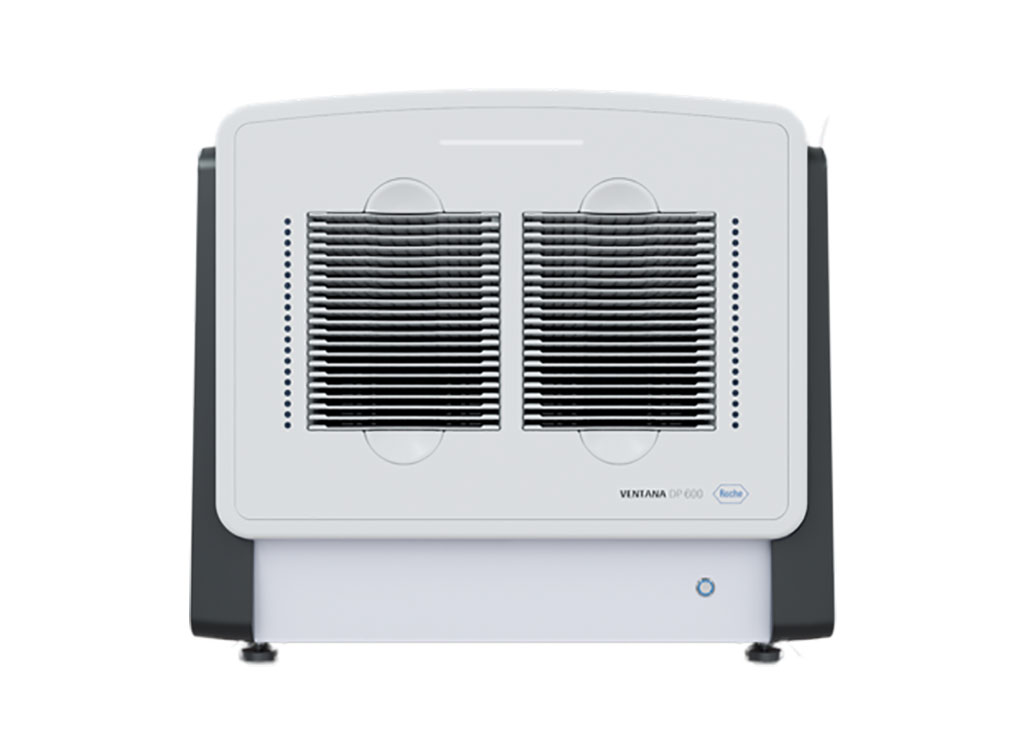
In Other News
Caspase-6-Cleaved Tau is Relevant in Alzheimer's Disease
Appendectomy Linked to Higher Risk of Microscopic Colitis
AI-3D Collaboration to Provide Never-Before-Seen View and Understanding of Prostate Cancer Cells
SARS-Cov-2 RNA Detected in FFPE Tissue by Droplet Digital PCR
World's First AI-Powered Solution for Gastric Cancer Detection
Liquid Biopsy Identifies Breast Cancer Patients Destined to Recur
Pathology Workflow Uses AI for Analyzing Patient Samples
Digital Cell Morphology Platform May Replace Microscopes
Recurrent Disease Following DCIS Unrelated to Initial Lesions
Personalized Treatment of Acute Stroke
TDP-43 Accumulation Potential Indicator for Patients with ALS
Leica Biosystems Launches Advanced Staining Solution for Increased Speed, Quality and Diagnostic Productivity
AI-Enabled Digital Pathology Scanner Provides Real-Time Predictive Analysis
Molecular Profiling Identifies High-Risk Subtype of Pediatric Liver Cancer
Serum Thrombospondin-2 Levels Associated with MAFLD Severity
AI-Assisted Tissue Sample Analytics Model Speeds Up Breast Cancer Diagnostics
Pathology Lab on Wheels Can Revolutionize Brain Surgery
Autoantibodies Combined With Tumor Markers Detect Lung Cancer
AI Image Analysis Module Detects Cancers at the Time of Surgery
Different Subtypes Defined in Small Cell Lung Cancer
Novel Surrogate Marker Described for Pancreatic Neuroendocrine Tumors
Tear-Based Method Detects Breast Cancer
Immunohistochemistry Biomarkers Used to Subtype Gastric Intestinal Metaplasia
The Pathology channel details advances in the field of Surgical Pathology and all its subspecialties, including Cytopathology and its subspecialties.









 Analyzer.jpg)
